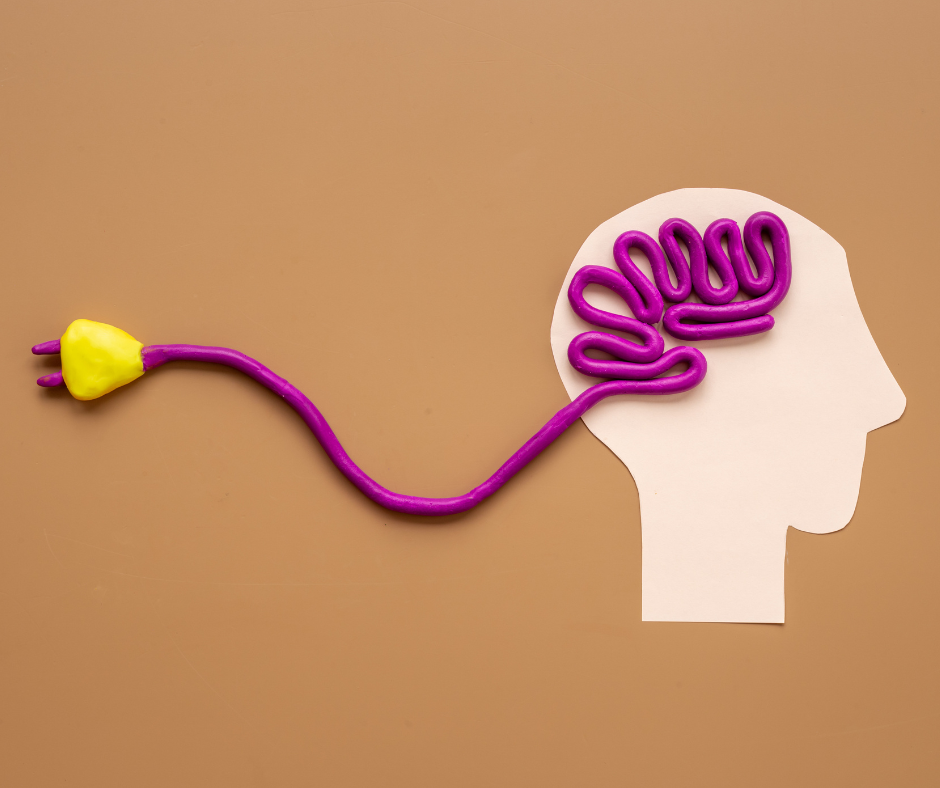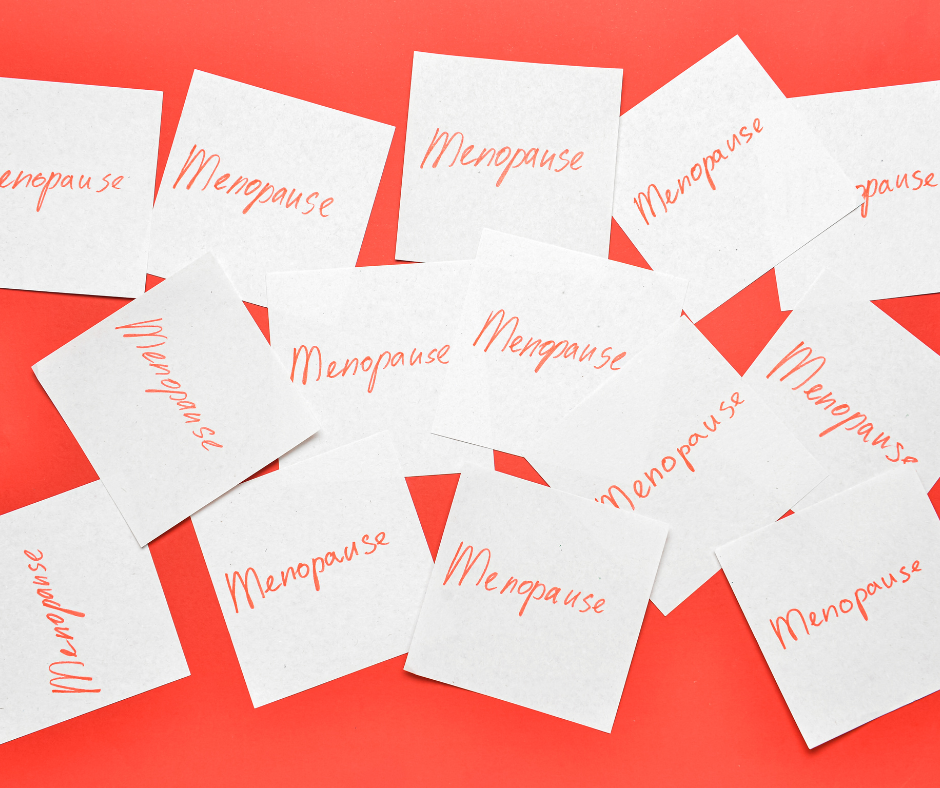Strategies for Staying Productive with Cognitive Dysfunction
1. Use External Memory Aids
If brain fog makes it difficult to remember important details, structure and organization can help:
- Use planners, apps, or sticky notes to keep track of tasks and appointments.
- Break larger tasks into smaller, manageable steps.
- Set reminders or alarms for important activities.
- Prioritize tasks based on urgency and importance.
- Create to-do lists and develop daily routines to enhance consistency.
Lived-Experience Tips from Fellow Patients:
- "I rely on voice-to-text and Google Calendar to keep track of everything with reminders."
- "I use alarms and post-it notes, and my sister and I share tips for managing fatigue and brain fog."
- "Writing things down where I can see them—whiteboards, post-its, and calendar reminders—keeps me on track."
- "When I’m overwhelmed, I stop, make a list, and prioritize tasks based on urgency."
2. Manage Your Energy, Not Just Your Time
Instead of focusing solely on time management, consider energy management:
- Schedule tasks for when you feel most alert and focused.
- Alternate between high-focus tasks and less demanding activities.
- Take short breaks between tasks to reset your brain.
- Reduce sensory stimuli when tired by working in a quiet space or using noise-canceling headphones.
- Spend time outdoors and stay physically active to enhance cognitive function.
Lived-Experience Tips from Fellow Patients:
- "My brain fog is worst when my fatigue is at its peak. A short 20-minute nap can help."
- "Instead of a to-do list, I track what I’ve accomplished—it helps keep me motivated."
3. Create a Structured Routine
A predictable routine can help reduce mental strain:
- Start your day with a consistent morning routine.
- Group similar tasks together to minimize mental transitions.
- Set designated times for work, rest, and self-care.
- Develop routines that incorporate occupational therapy techniques, such as memory aids and task organization strategies.
4. Use Simplified Decision-Making Techniques
Making decisions can feel overwhelming when dealing with brain fog. Try:
- Limiting choices to reduce decision fatigue.
- Using checklists to streamline tasks.
- Pre-planning meals, outfits, and routines to conserve mental energy.
- Engaging in humor and maintaining perspective to reduce cognitive strain.
5. Reduce Mental Clutter
Decluttering your physical and digital spaces can improve focus:
- Keep your workspace tidy and organized.
- Minimize unnecessary digital notifications.
- Store frequently used items in designated places to avoid searching for them.
6. Communicate Your Needs
Cognitive dysfunction can be invisible to others, making it important to advocate for yourself:
- Explain your symptoms to family, friends, or coworkers.
- Ask for accommodations at work if needed, such as flexible deadlines or note-taking assistance.
- Seek support from patient communities or support groups.
- Educate yourself about cognitive dysfunction—psychoeducation can empower you to manage symptoms better.
7. Consider Natural Supplements
In addition to maintaining a healthy diet, some natural supplements may aid cognitive function:
- Lion’s Mane mushrooms – Known for its neuroprotective properties and potential to enhance memory and focus.
- Omega-3 fatty acids – Found in fish oil and flaxseeds, which support brain health.
- Vitamin B12 – Essential for nerve function and cognitive clarity.
- Magnesium – Plays a role in brain function and relaxation.
- Ginseng – May help with energy levels and mental alertness.
Before trying any supplement, consult with your healthcare provider to ensure it’s safe for you.
Additional Insights from EULAR 2024
- Cognitive dysfunction is influenced by fatigue, pain, physical inactivity, psychological distress, and sleep problems. Managing these factors is crucial.
- Occupational therapy can help individuals with cognitive dysfunction by teaching strategies like memory aids and structured routines.
- Research highlights the need to address cognitive dysfunction as part of overall disease management, as symptoms often peak during flares or before infusions.
- Screening tools like the Montreal Cognitive Assessment (MoCA) and the Multidimensional Inventory of Subjective Cognitive Impairment (MISCI) can help assess cognitive function and challenges like task-switching and word retrieval.
- Emphasis is placed on managing the impact of cognitive dysfunction rather than solely treating symptoms, with hope for future research leading to better treatments.
Cognitive dysfunction can make productivity feel like an uphill battle, but implementing these strategies can help you stay on track. By using external memory aids, managing energy levels, and structuring your day effectively, you can work through brain fog and accomplish what matters most. Remember, what works for one person may not work for another, so be patient with yourself as you experiment with different approaches.







